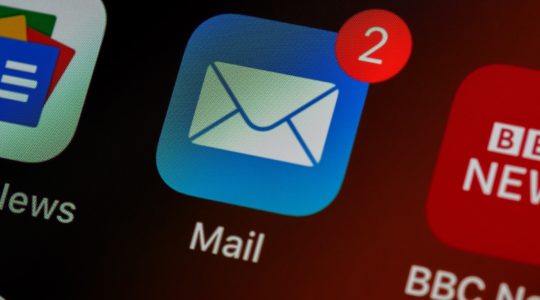
According to eMarketer, mobile media spend will equal TV spend in 2020. And with that growth comes significant challenges for agencies and their clients. Mobile-first agencies have been steadily building their capabilities through their focus on app marketers, gaming companies, mobile-first, and digital-first brands. With the scale, personnel, toolsets, and market intelligence traditional agencies possess, could they be doing more to position themselves for the mobile-driven future?
Brands in categories like retail, travel, and entertainment have been the first to move mindshare, users, and budget to mobile. Digital-first retailers like eBay and Amazon have digital in their DNA, enabling them to adapt faster and more aggressively. Similarly in travel, digital-first brands like Expedia and Hotels.com have already moved fast and efficiently into mobile. But the brands that were slow to adopt digital have been equally archaic in their approach to mobile apps and building great mobile experiences.
As the market moves towards mobile, specialized shops and teams are building market share and a strong foundation for growth.
By necessity, brands that were first to move to mobile have had to rely on specialized mobile agencies and digital agencies that have built up their chops in mobile. These agencies are supporting user acquisition, organic app store optimization, mobile measurement, mobile attribution and re-engagement efforts. SOMO, MC Saatchi and Fetch have done a great job of owning this activity for these first-mover Fortune 500 clients. Digital-first shops like 3Q Digital are also making great headway. Horizon has focused on mobile for years, investing in talent to grow their skill set and products, and it’s working. Training teams on the nuance associated with mobile, and the tools necessary, has allowed these agencies to not only own acquisition and user growth, but have positioned them to now move higher up the food chain into strategy, content, and experiences for their clients.
[bctt tweet=”Horizon has focused on mobile for years by investing in talent, and it’s working.” username=”tune”]As the rest of the Fortune 1000 move their customers to mobile, will their traditional agencies be ready?
The nuances around mobile marketing have created significant challenges for bigger agencies. Among them are questions like how to hire mobile-first leaders who truly understand the space, how to educate broader digital teams on mobile and whether to build out a strong horizontal centers of excellence before the revenue justifies it.
In the last few months alone, we’ve seen this landscape start to shift. Agencies are aligning with third-party measurement solutions and trusting mobile leaders and solution providers in the space to help them increase their knowledge.
Agencies like iProspect are leveraging their SEO capabilities globally to develop app store optimization services that they can provide their biggest clients. Ansible at IPG is making strong acquisitions to grow their global capabilities across the entire mobile consumer journey. GroupM has rolled out Light Reaction globally to support user acquisition, building on top of the top-notch re-engagement platform ActionX. Fetch is strategically mapping their teams into the Dentsu agencies post-acquisition and placing strong mobile strategists into these shops. These are the right moves to position the holding company agencies to support their clients shifting needs.
The bottom line is that more and more brands are moving their consumer experiences into mobile. And the opportunity is great for agencies big and small to explore and define the unique value that they bring to the space.
But add some urgency, because if the skill sets and offerings don’t expand successfully your clients are going to keep relying on specialists to own more and more of their mobile activity — and that’s never good if you’re a bigger agency.
Author
Becky is the Senior Content Marketing Manager at TUNE. Before TUNE, she handled content strategy and marketing communications at several tech startups in the Bay Area. Becky received her bachelor's degree in English from Wake Forest University. After a decade in San Francisco and Seattle, she has returned home to Charleston, SC, where you can find her strolling through Hampton Park with her pup and enjoying the simple things in life.




Leave a Reply
You must be logged in to post a comment.